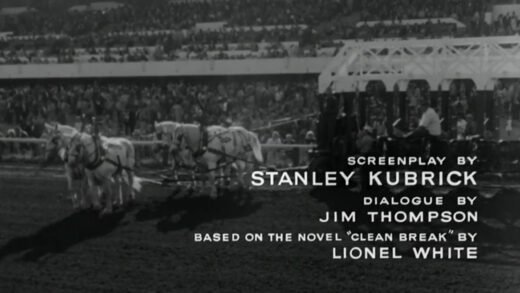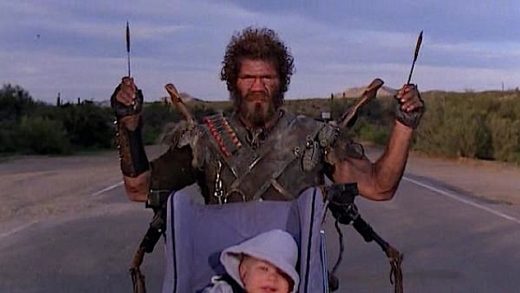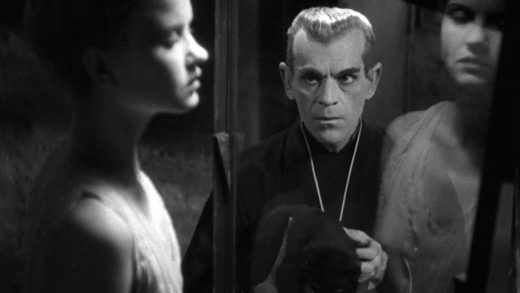Those educated in the arcane and esoteric doctrines of so-called “Continental” philosophy recognize the word flâneur immediately, for this reminds them of Walter Benjamin‘s celebration of the latter, the Arcades project, etc.
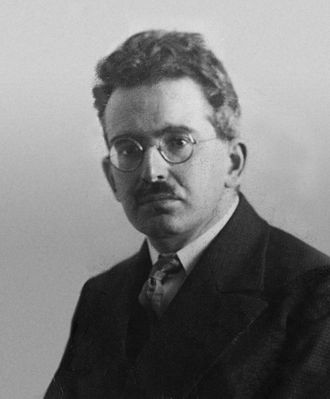
To be perfectly honest, I’m not sure where and when I first came across the term, for I know that I’ve never read Benjamin’s work on Charles Baudelaire nor Baudelaire’s essay “The Painter of Modern Life” (I just downloaded it after Googling the term and being directed to Wikipedia’s article).
More likely, I came across the term somewhere in Michel de Certeau’s Practice of Everyday Life, when I read it in the previous century, when I was a young man just living off of Broad Street, engaging in flânerie each evening in my loneliness. Those were romantic nights trudging through snow and listening to Blonde Redhead on my CD player while I tracked the moon across the sky of the Gay-borhood.
That same year the RNC came to town and my friends and I went into the Doubletree and were confused for the Backstreet Boys by a drunken Pennsylvania state politician and his hangers-on. The waitress made fun of us.
Was that flânerie?
It was a sort of aimless rambling that took the city as its canvas as it painted footprints throughout the Center City area.
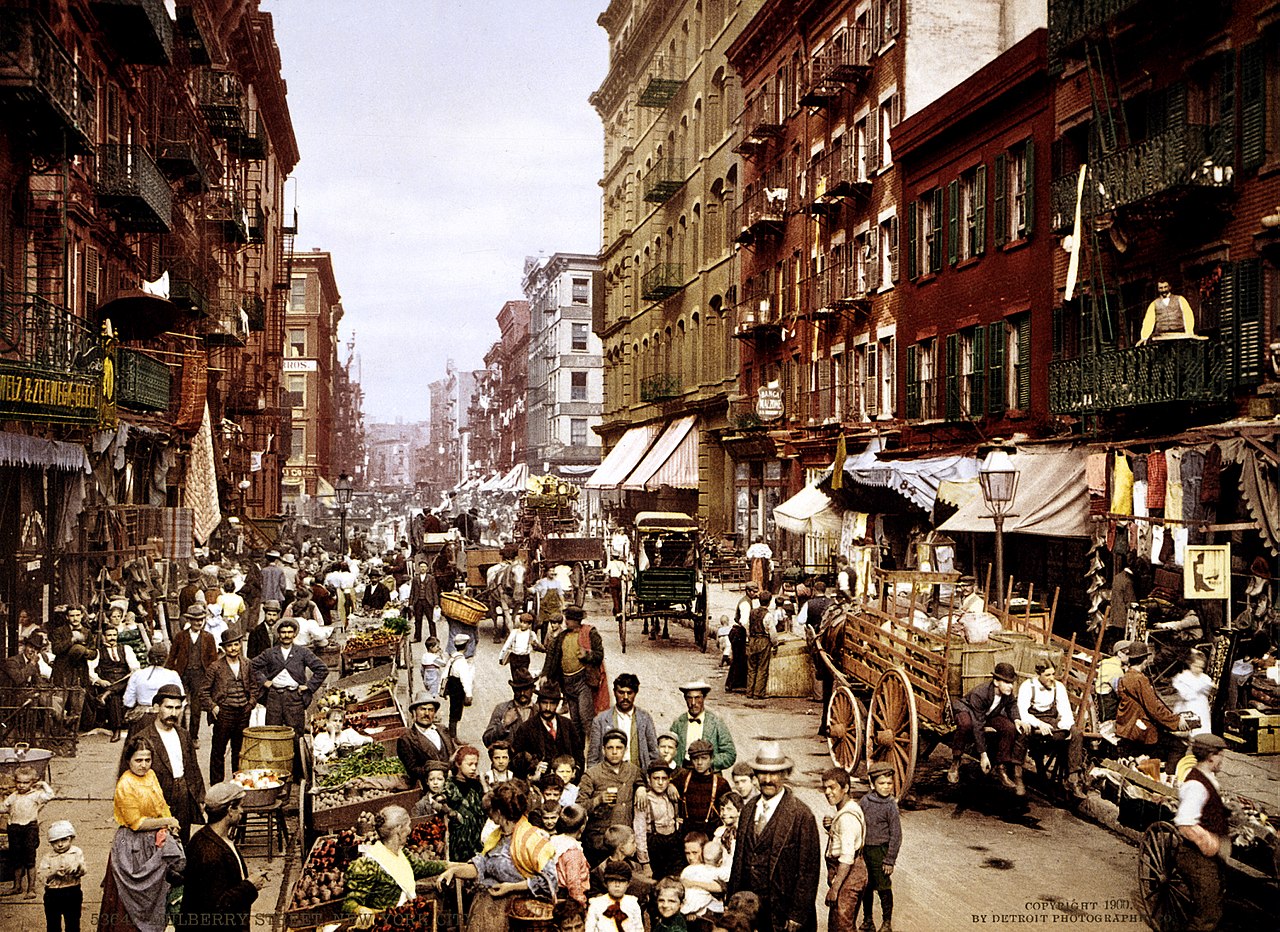
The flâneur is a figment of the late 19th-century urban life, perhaps mostly insofar as he (exclusively, probably) lives in an increasingly industrialized metropolis from which he is alienated, such that he walks without a direction or motive. Such walking is ideal for disinterested observation, the kind of idle curiosity frequently identified with boredom. But this would probably be a productive boredom.
It seems a fair question whether the flâneur can exist in a world comprehended by Google maps.
In 2008 my girlfriend bought me a first generation iPhone (we lived in separate cities). When I travelled to Los Angeles for a philosophy conference I had the first opportunity to use the iPhone’s turn-by-turn directions, and I was really amazed.
That convenience, however, was purchased at the price of a more hard-fought knowledge of a city—the kind only acquired through experience. I didn’t look back then or over the next few years, but the possibility of becoming lost had been foreclosed.
This is why I ask if flânerie is possible in a smartphone world? I suspect that is the reason why I call myself an erstwhile flâneur.

